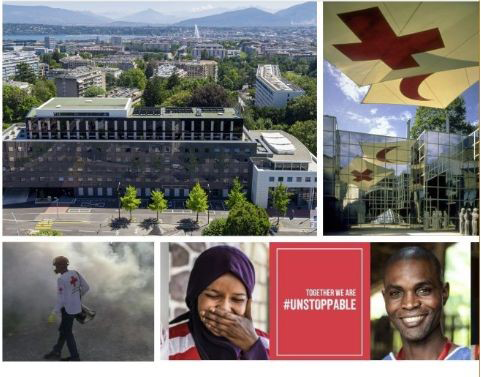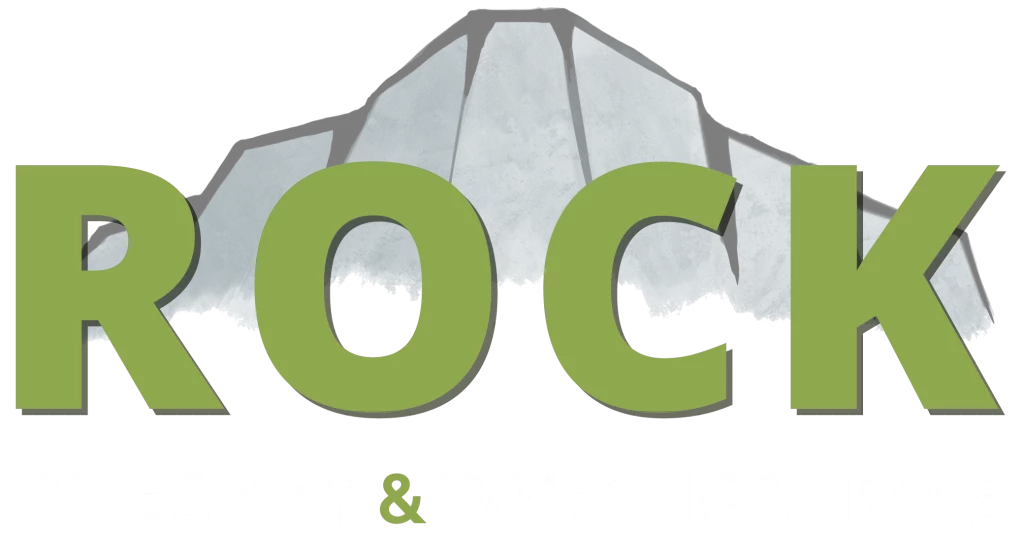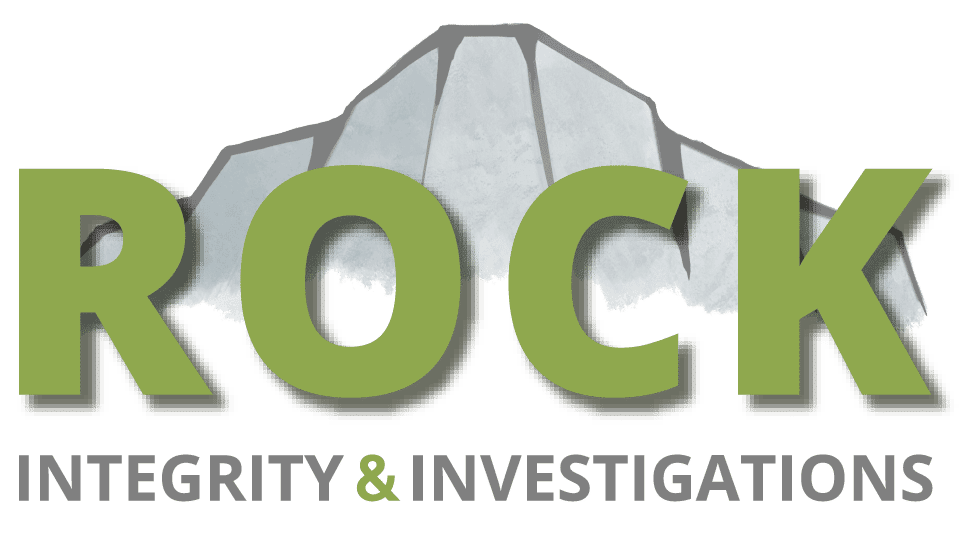Last week, I attended the Conference "Preventing Corruption in Humanitarian Operations" hosted by #IFRC 's Investigation Team, an interesting hybrid event held over 3 afternoons, each with its own theme.

#1 “Sextorsion”
3 takeaways (among many) from the afternoon are:
- Sexual abuse shares many common features with fraud and corruption, as an abuse of a position of power for private gratification;
- Yet, it has many specificities as its victims are vulnerable populations (women and children) and not organizations;
- Response and investigations should be really “victim centric” to avoid creating further damage.
#2 “Investigative interviews in Humanitarian operations”
The panelists highlighted many challenges, amongst which:
- making sure survivors are not harmed by the investigation process, by giving them agency and overcommunicating;
- creating trust with whistleblowers and witnesses when you work for the same agency as the alleged offender;
- overcoming the unavoidable secondary trauma that comes with investigating horrific abuses.
#3 “Integrity and Accountability”
The speaker’s discussed the three pillars of an integrity program (prevention, detection and remediation). Among the numerous insights from the discussions, I noted the following:
- organizations should consider integrating integrity in their incentive schemes for partners and staff;
- reporting/whistleblowing schemes do not work without trust in the system, which is itself fostered by the effective conduct of investigations
- organizations should not be over confident about their control system, but rather take a hard look at their culture, which is shaped by power dynamics.
IFRC’s Investigation team did a great job once again bringing leading practitioners together to cover these fascinating topics. I look forward to the 2023 edition of the event!

